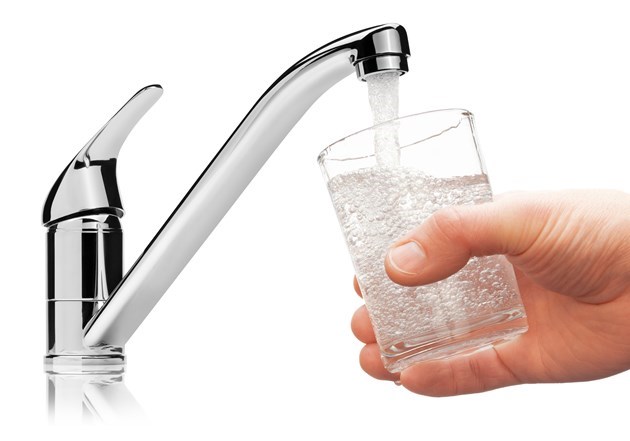THUNDER BAY — Thunder Bay city council has taken a small step toward helping residents remove the lead pipes that bring water into nearly 9,000 local homes.
The new city budget ratified this week includes $50,000 to fund a rebate or loan pilot program–for one year–that will cover some of the cost.
The original idea came from councillors Andrew Foulds and Kristen Oliver at a budget meeting last month.
Initially, the program was to be funded by adding a further increase of 0.23 per cent to the water rate.
However, with water rates already going up by four per cent, council decided Monday night it is more palatable to take the money out of the city's tax-supported rate stabilization reserve fund.
The details of how the $50,000 will be dispensed are still being worked out by administration.
Some Ontario cities with similar programs provide rebates to householders, while others offer five-year or 10-year loans at low interest rates.
Foulds and Oliver tabled their motion weeks before the disclosure that adding sodium hydroxide to the city's water supply may not be the right way to eliminate high lead levels at the tap.
As expected, the chemical resulted in lead being lowered to below-toxic levels, but the city also received increasing reports of pinhole leaks in copper pipes.
This prompted it to suspend the addition of sodium hydroxide, while at the same time providing 8,700 residences with water pitchers equipped with lead-removing filters.
Speaking during Monday's meeting, Foulds said that development speaks to the "urgency" of eliminating lead pipes altogether.
"What we originally thought would work, and what the evidence suggested at the time, appears to be causing some issues." he noted.
"Ultimately, regardless of what the strategy is, replacing lead services gets rid of the problem," Foulds added.
The estimated average cost of replacing a lead feeder pipe on a homeowner's side of the property line is $3,000.
The city already has a plan to replace lead pipes from the street up to the property lines of about 150 homes annually. It's expected the new program will encourage owners of these homes to follow suit with their own work.
Foulds noted that $50,000 is a small sum, given the number of houses that need new pipes.
Still, he said, "Other municipalities have these programs. We're sort of left out in the cold that we don't have one. We have 8,700 properties where people are being exposed to this. We're dealing with that, but we need to get the lead out of the ground," he emphasized.
Foulds said certain homeowners will be particularly in need of help, such as in cases where a service pipe is buried beneath a paved driveway, increasing the cost even more.
He also wants special consideration given to households with children or pregnant women, who are among the most vulnerable to lead poisoning.
Other councillors agreed with Foulds that there is a critical need for the program.
Brian Hamilton, whose McKellar ward includes many neighbourhoods with lead water pipes, said the issue was "the number one issue that was on people's minds" at his recent ward meeting.
He called the pilot "a step in the right direction," and said he'd be prepared to expand the program based on the uptake by year's end.
Council is expected to receive recommendations from administration on how to roll out the pilot by July.
In the meantime, Foulds said, he understands administration does not view the provision of filters for drinking water as a long-term solution, but will report to council later this year after examining various options.
City officials have estimated the cost of replacing all lead pipes in the city, including on private property and municipal property, would be $80 million.
CLARIFICATION: An earlier version of this story stated that the cost of replacing all lead pipes and solder in the city would be $80 million. A city spokesperson now says that estimate is only based on replacing pipes.
